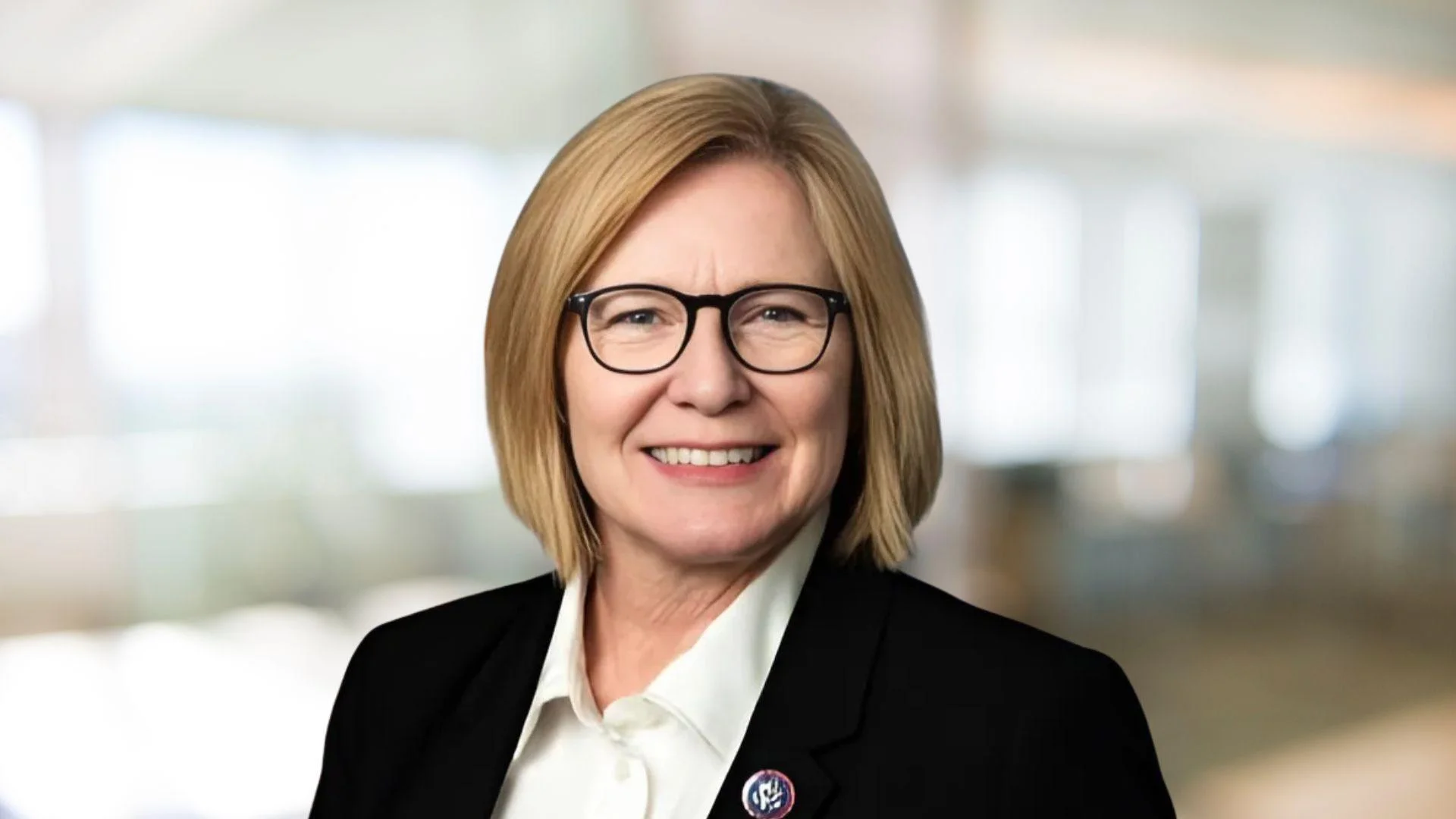Michelle Fischbach, Representative for Minnesota | X
Michelle Fischbach, Representative for Minnesota | X
Representative Michelle Fischbach of Minnesota announced that new House legislation aims to hold sanctuary cities accountable for their immigration policies, assist small businesses, and support communities combating the opioid crisis. This statement was made on the social media platform X.
"This week, the House passed legislation to hold Sanctuary Cities accountable for their pro-illegal immigration policies, defending American-owned small businesses, and supporting communities that are working to stop the opioid crisis," said Fischbach. "I had the privilege of speaking in support of these bills when I managed the Rules debate."
The U.S. House recently advanced several GOP-backed bills targeting sanctuary cities, small business protections, and opioid crisis support. According to the Associated Press (AP), the House GOP, and Small Business Administration (SBA) press releases, these measures include the bipartisan HALT Fentanyl Act, which permanently schedules fentanyl analogs and passed with a vote of 321–104. Additionally, the "Save SBA from Sanctuary Cities Act" mandates that SBA offices relocate from jurisdictions that restrict federal immigration enforcement. These legislative moves reflect a broader agenda linking federal immigration policy with economic interests of small businesses and public health initiatives in response to overdose fatalities.
According to a Congressional Research Service report as of March 2025, over 560 jurisdictions in the U.S., including cities, counties, and states, have sanctuary policies limiting cooperation with federal immigration authorities. Critics warn of increased crime and reduced federal funding due to these policies; however, studies by the National Immigration Law Center (NILC) and the American Immigration Council find no evidence that sanctuary policies raise crime rates. In some cases, they correlate with safer and more prosperous communities.
Federal small-business support and opioid response efforts show structural disparities in sanctuary cities. SBA data confirm that six regional offices located in sanctuary jurisdictions—such as Atlanta, Boston, Chicago, Denver, New York City (NYC), and Seattle—were relocated in 2025 under the "Save SBA" Act. This relocation reduces direct access to services for local entrepreneurs. Meanwhile, despite the HALT Fentanyl Act strengthening enforcement penalty frameworks, federal funding for naloxone distribution and treatment remains separate from enforcement efforts. This highlights imbalances between enforcement measures and public health interventions.
Fischbach has served as U.S. Representative for Minnesota’s 7th District since January 2021. She previously held roles as Lieutenant Governor (2018–2019) and President of the Minnesota Senate (2011–2013; 2017–2018), according to Ballotpedia and her congressional biography. She sits on the House Rules Committee and has managed floor debates on legislation addressing sanctuary cities, small business protections, and opioid response—a reflection of her legislative focus on immigration enforcement, economic advocacy, and public health.


 Alerts Sign-up
Alerts Sign-up